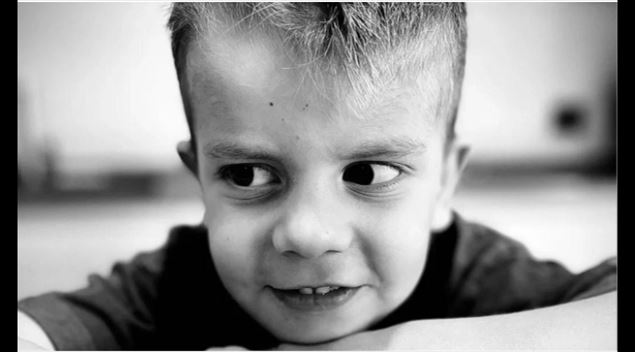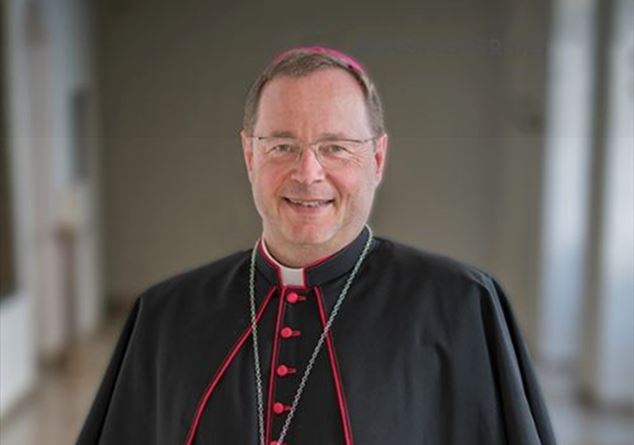by Lorenzo Rossi
A few days after the legislative elections of February 23, the leaders of the main Christian churches in Germany launched a common appeal for the defense of democracy. “Our democracy is not negotiable”, say Monsignor Georg Bätzing (pictured), president of the German Episcopal Conference, Kirsten Fehrs, Lutheran Bishop and President of the Evangelical Church in Germany (Ekd), and Radu Constantin Miron, Greek Orthodox priest and President of the Association of Christian Churches in Germany (ACK). The initiative comes in a moment of strong political polarization and in the light of the growing influence of the far right party Afd.
“Extremists will have an easy life”
In the document, Christian leaders warn that the growing division into society could encourage extremist forces. “If our society becomes so polarized as to make people irreparably opposed to each other, the extremist forces will have easy life”, reads the text. Although the far right AFD party is never explicitly mentioned, the reference is clear: in the polls the party is accredited by about 20% of the voting intentions. “We argue that extremism and, in particular, ethnic nationalism are incompatible with Christianity”, declare the signatories, addressing above all to young voters: “vote for parties that support our democracy!”.
The challenges of Germany and Europe
The appeal is not limited to the complaint of political extremism, but also highlights the great challenges that Germany and Europe must face: Russian war against Ukraine, tensions in the Middle East, the economic crisis, change climatic and growing migratory pressure. Religious leaders also mention the advance of authoritarian forces, the disinformation and attempts to undermine democratic coexistence.
A commitment to social justice and welcome
The signatories outline the priorities for the future of Germany: to strengthen Europe, protect natural resources, fight poverty and oppression in the world, continue to promote a policy of reception and integration of refugees. “Every human being has the same inalienable dignity,” they underline.
Churches and politics for the common good
While recognizing the separation between churches and politics, religious leaders declare themselves “ready to listen, to look for dialogue and work constructively to find fair solutions”. At the same time, they invite the parties to “defend the fundamental values of our society, also sanctioned in the fundamental law”.
Tensions and political violence
The appeal arrives in a context of strong political tension, aggravated by recent episodes of violence. The last, an attack with a car launched on the crowd in Monaco on February 13, attributed to a young man with “religious” and “Islamist” motivations, caused 39 wounded and two victims. Monsignor Bätzing and Vescova Fehrs expressed their condolences, deprecating “before God the suffering of the people affected by this abysmal violence”.








